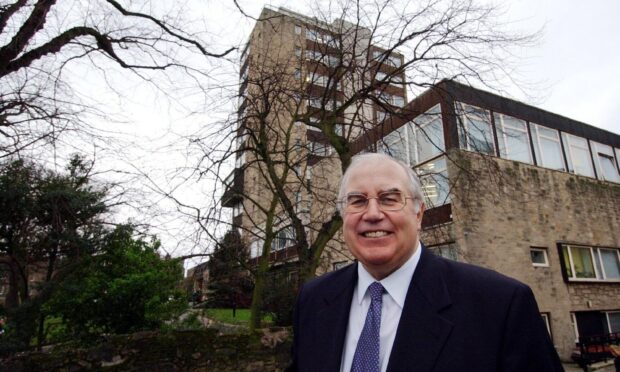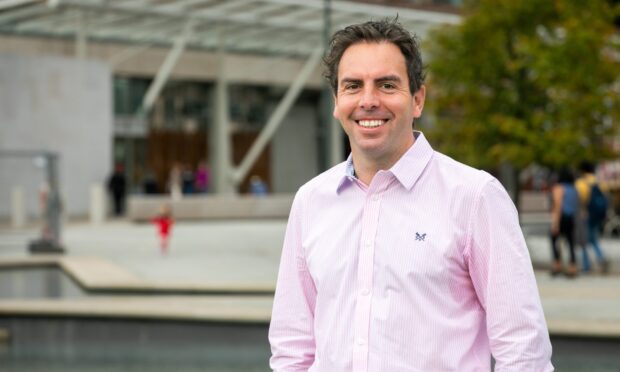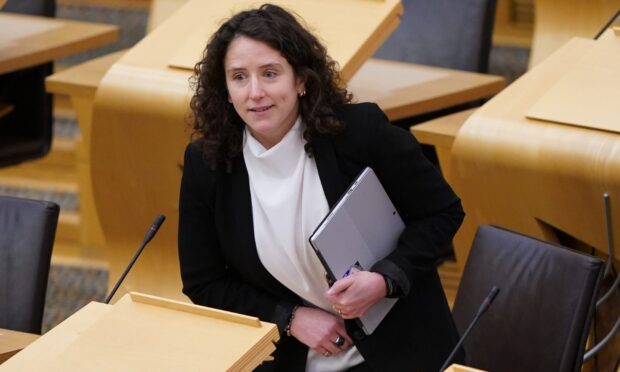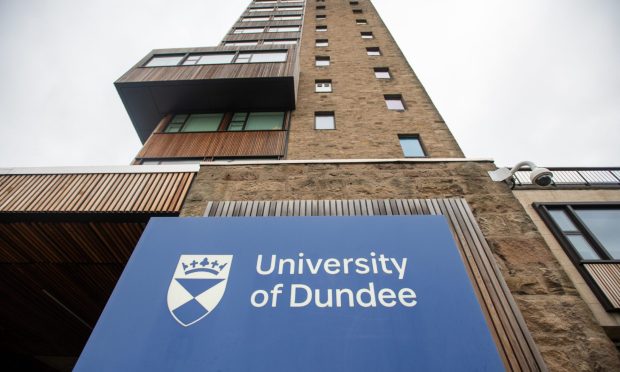A groundbreaking mental health initiative trialled in Inverness and Aberdeen is to be launched nationwide.
As part of efforts to stem a mental health crisis in the wake of the coronavirus pandemic, the lauded Distress Brief Intervention (DBI) programme will be extended, First Minister Nicola Sturgeon announced.
Those over the age of 16 who are in emotional distress because of the ramifications of Covid-19 will be able to speak with trained staff.
Those who do not need clinical support will then be referred to the DBI service, which in the Highlands has been operated by Support in Mind Scotland, who work with partners including Police Scotland, the Scottish Ambulance Service, GP surgeries and A&E services, as well as third sector agencies involved in various aspects of support and mental health recovery work.
More than 1,000 Aberdeen residents have been helped by the service since it came into action.
At Tuesday’s coronavirus press briefing, Ms Sturgeon detailed how the country would try to cope with the mental health implications the virus had wrought.
She noted anxiety caused by this virus and the “stress and isolation” caused by social distancing measures “can have a really big impact on mental wellbeing”.
Demand for mental health services across Scotland is expected to increase as the pandemic continues.
Millions invested as NHS receives increase in calls
Ms Sturgeon said: “Covid-19 restrictions have affected all of our lives. People who may never have been affected by mental health issues in the past are now facing emotional distress due to financial loss, bereavement and social distancing.
“NHS 24 has experienced an increase in calls, including to Breathing Space, in recent weeks and we anticipate this will continue to grow. It is vital that during this period of uncertainty anyone who requires support for their mental health can receive it.
“Since 2017 more than 6,600 people have accessed the DBI programme and I am pleased that people across the country will now be able to access this support.
“Early intervention like this is such an important part of how we treat mental and emotional health and the DBI is all about equipping people with the skills and support to manage their own health and to prevent future crisis.
“This £1 million investment is in addition to the £3.8 million we invested last month to increase capacity of our telephone and digital mental health services.”
Simple steps to keep calm
Dr John Mitchell, a Scottish Government advisor and NHS psychiatrist, highlighted small measures people could do at home to keep their mental health well.
These include:
- Keep in regular contact with family and friends.
- Structure days with routine, including good sleeping patterns and exercise within guidelines.
- Be careful of media saturation of the crisis if it starts to feel overwhelming.
- Reflect on positives and matters within your personal control.










